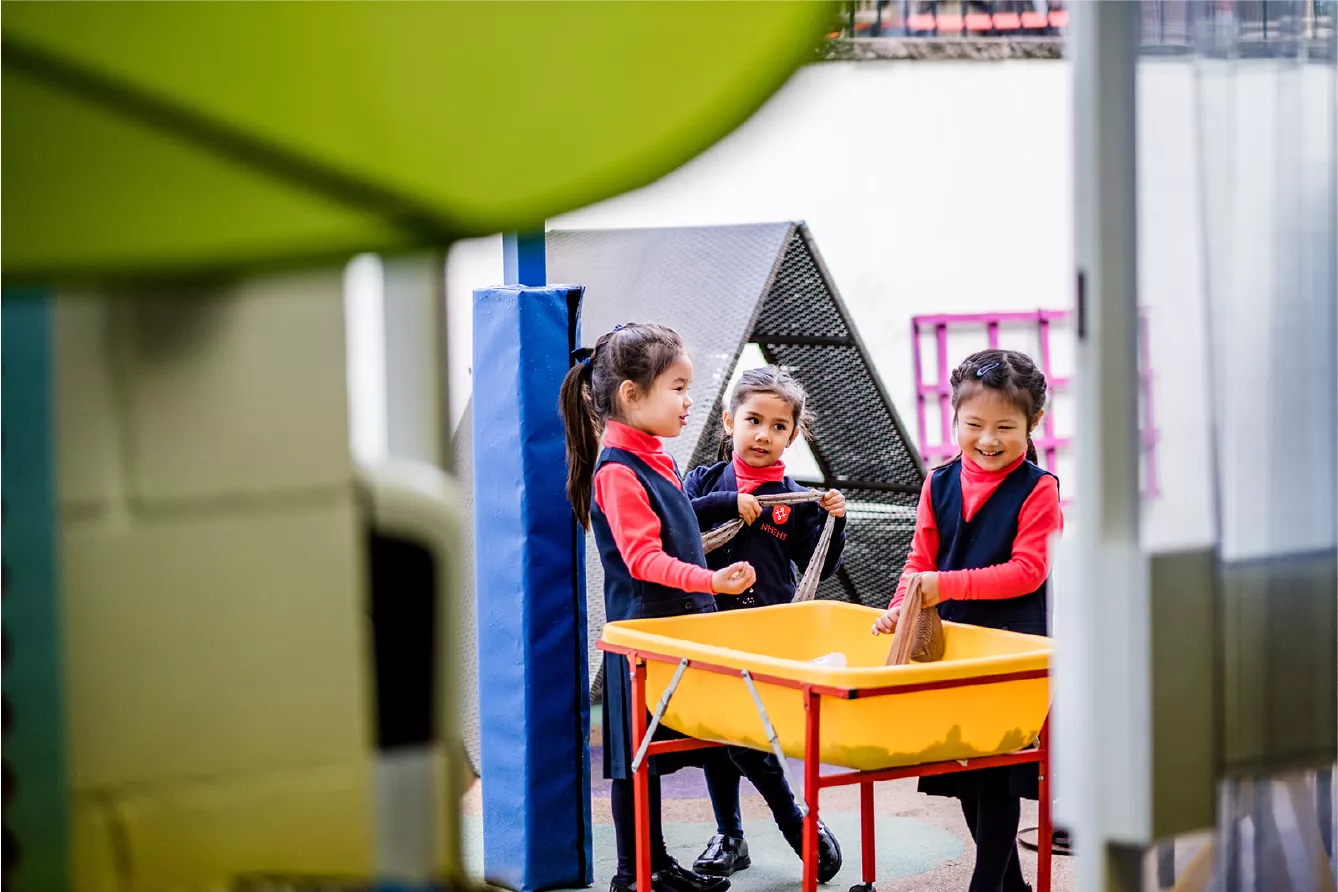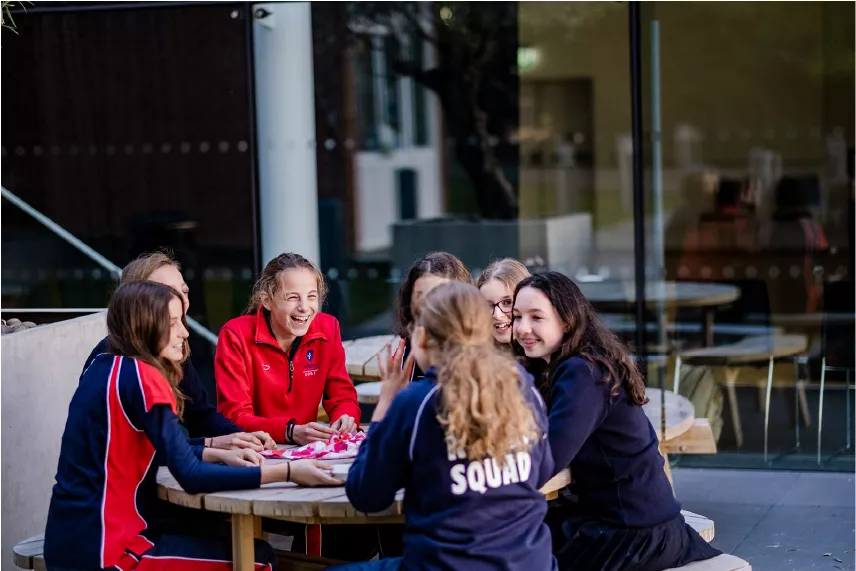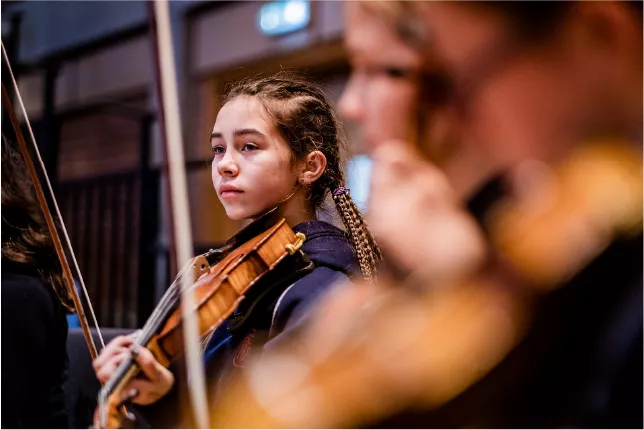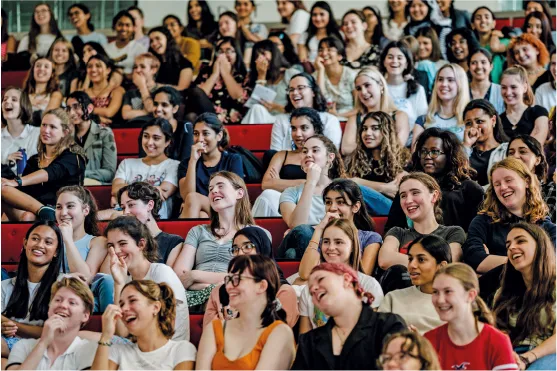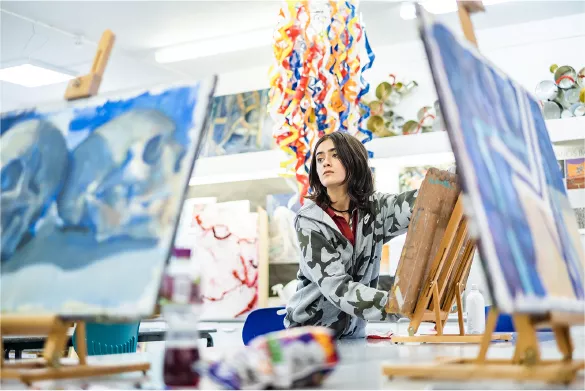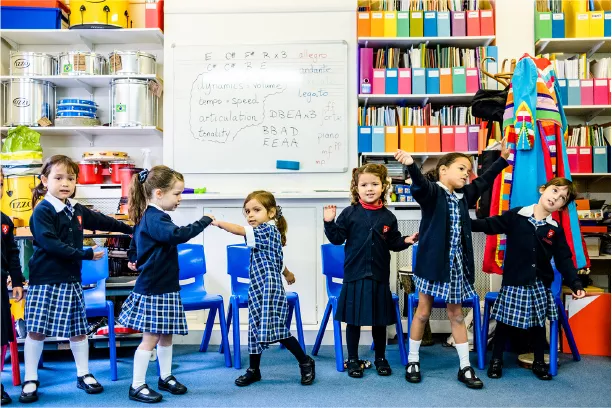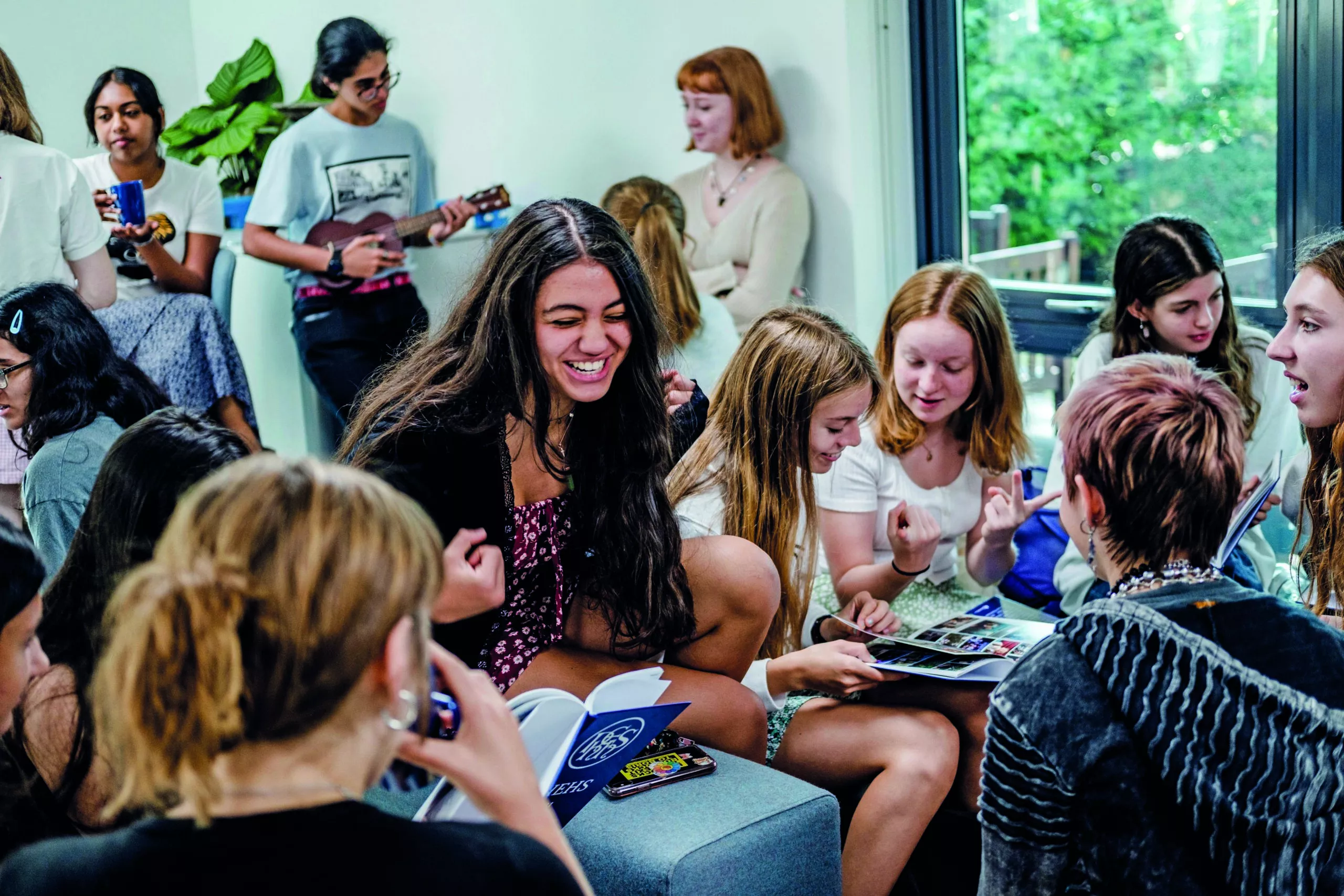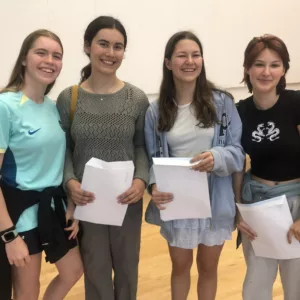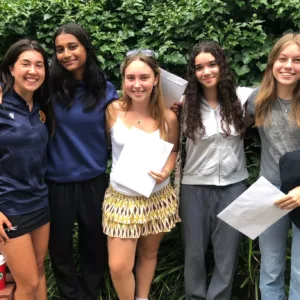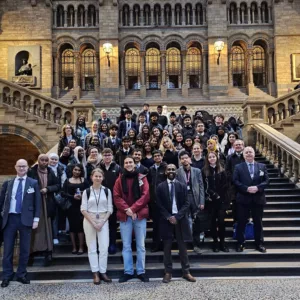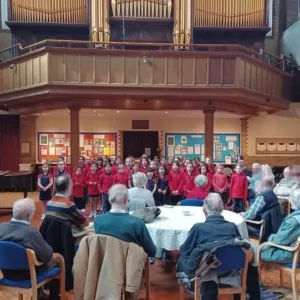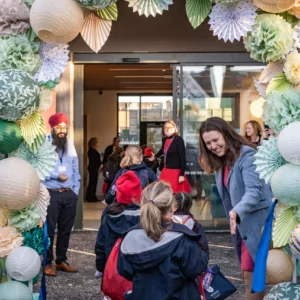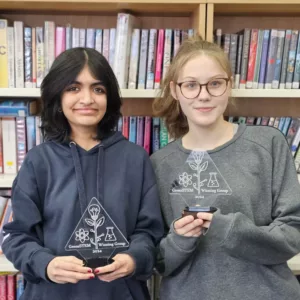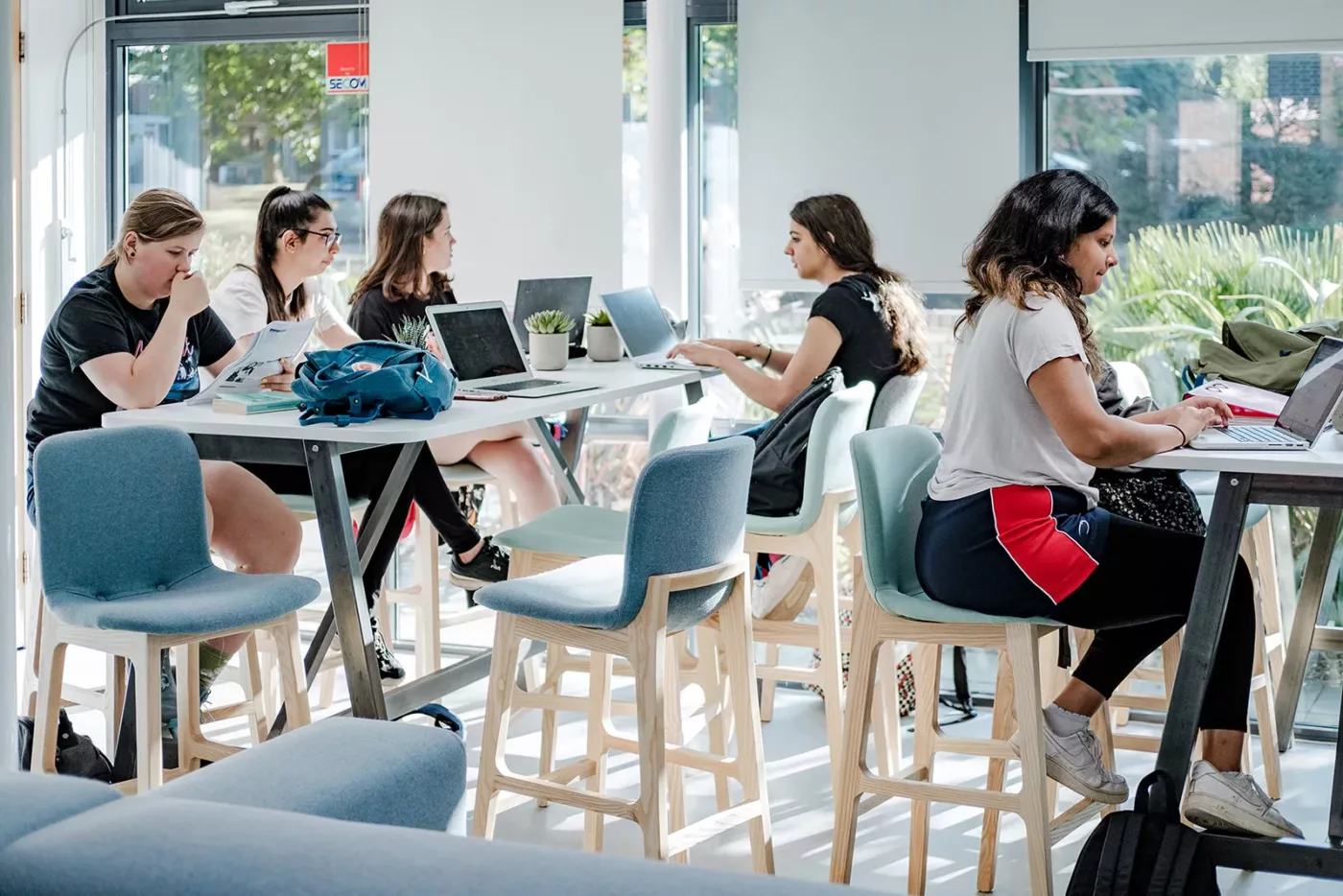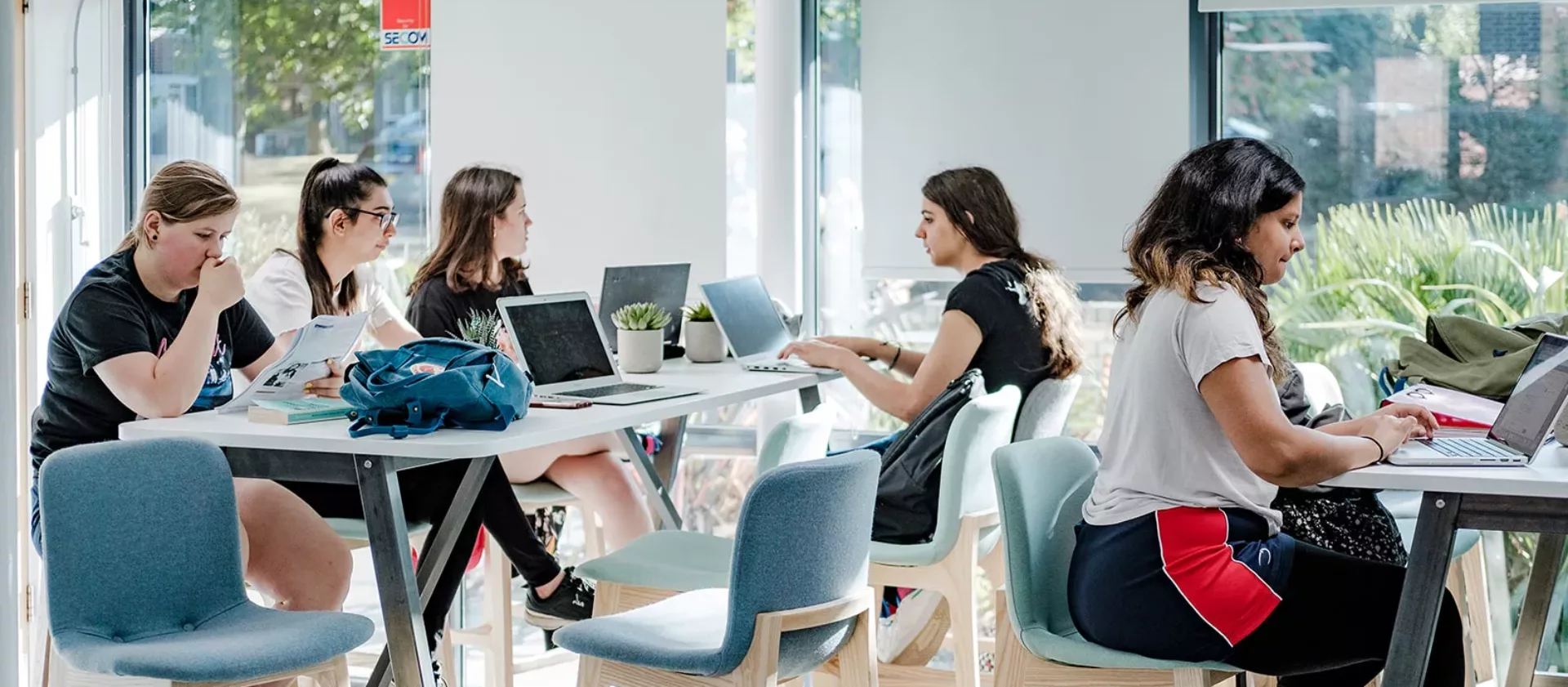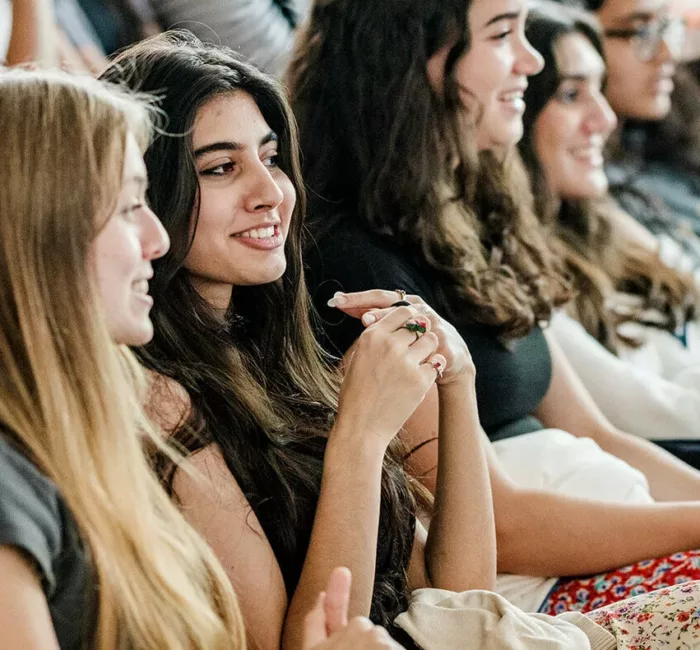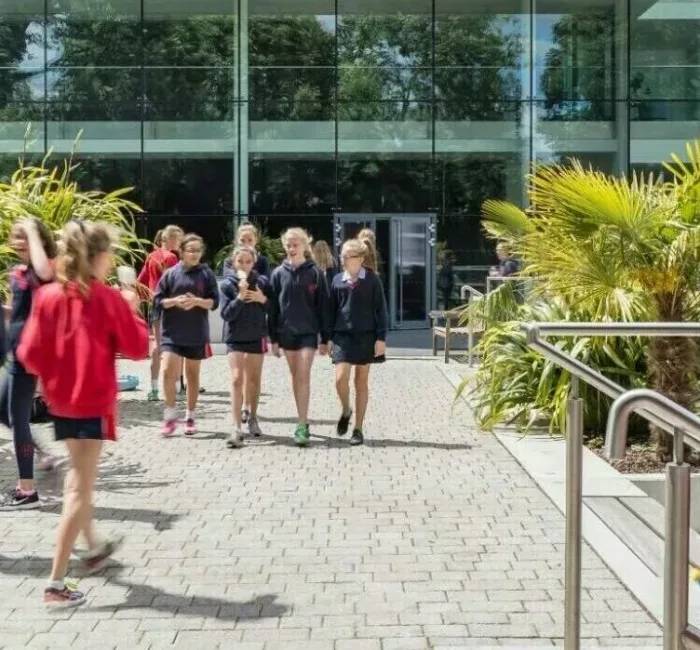Art demands self-discipline, independence of mind, initiative and insight. At A Level, you will have the opportunity to build on your creative and technical skills. The course can involve many skills, including drawing, painting, printmaking, digital media, film, animation and three-dimensional work. You will be encouraged to explore a range of different materials, techniques and processes, to experiment freely and to refine your expertise. By developing curiosity and interest in all aspects of the visual world, we hope to encourage a mature and individual response to it.
A Level Art allows you to develop an exciting and extensive range of creative and technical skills. You will also gain a strong understanding of historic and contemporary visual art practice, through supporting contextual studies. Unique to studying Art at A Level, you build up a very personal and continually evolving body of practical work, guided and supported by your teachers. Individual exploration and development of your personal skills and creative directions is a special aspect of this subject.
The Art department is a bustling, creative and nurturing environment. The Studios are open daily, and for some become an extension of the Sixth Form common room. There are weekly life drawing lessons, and open studio sessions, throughout the year. A Level artists are able to join a number of visits to galleries and workshops. We regularly visit the John Soane collection, Pallant House Gallery, Cass Sculpture Foundation and other London galleries.
Our bi-annual residential trip to Venice, viewing both the historical collections and architecture
of the city alongside the Venice Biennale, is always well-attended and thoroughly enjoyed. Students are also able to attend a day’s practical etching workshop at the Thames-Side Print Studios, producing a range of professional
print outcomes.
A successful Art A Level student embraces challenge and takes risks. Open to trying new materials, techniques and processes, they fully immerse themselves into the creative process.
